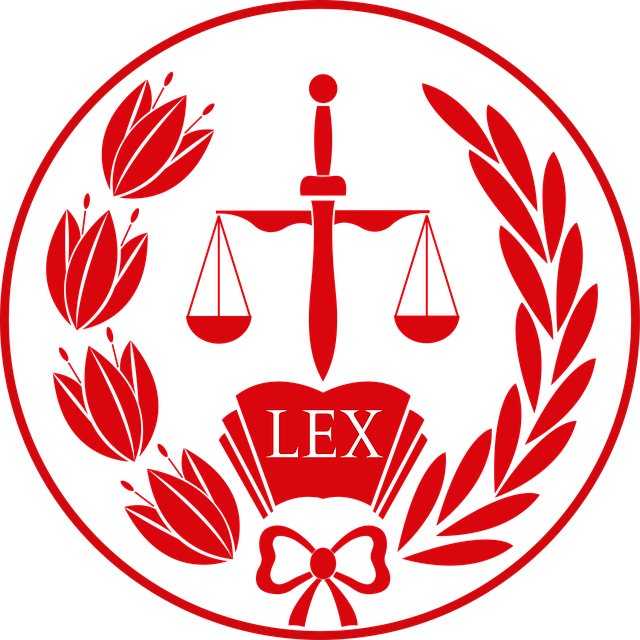Prosecutorial discretion significantly shapes antitrust violation case outcomes by deciding whether to charge, settle, or proceed to trial, balancing fairness with resource management. This discretion leads to varied results based on severity, impact, and deterrence potential, involving both corporate entities and individuals in penalties. Effective enforcement combines strategic measures with strengthened legal frameworks, industry education, and internal company compliance to prevent and punish violations.
Antitrust violation cases play a pivotal role in maintaining fair market competition. This article delves into the intricate world of these legal battles, focusing on key aspects such as understanding antitrust breaches, the role of prosecutorial discretion in decision-making, and factors shaping case outcomes.
Moreover, it explores effective strategies for enforcement and prevention, highlighting the delicate balance between prosecutorial power and its impact on final verdicts. By examining these elements, we gain insights into ensuring robust market integrity.
- Understanding Antitrust Violation Cases
- Role of Prosecutorial Discretion in Decisions
- Factors Influencing Case Outcomes
- Strategies for Effective Enforcement and Prevention
Understanding Antitrust Violation Cases

Antitrust violation cases are a complex web where powerful corporations or individuals engage in practices that restrict competition. These include price-fixing, market division, and monopoly power abuse, among others. Understanding these cases necessitates delving into the intricate interplay between companies’ actions and the impact on consumers and markets. The prosecutorial discretion impact on case outcomes is a critical aspect to consider; the decisions made at each stage of the investigative and enforcement process can significantly alter the final result.
The outcome of an antitrust case isn’t solely determined by the evidence but also by how it’s interpreted and presented. This is where the philanthropic and political communities play a role, influencing the strategies employed by prosecutors. An unprecedented track record in handling such cases reflects not only the strength of legal frameworks but also the commitment to ensuring fair competition, fostering innovation, and protecting consumers from exploitative practices.
Role of Prosecutorial Discretion in Decisions

The role of prosecutorial discretion is a critical aspect often influencing the outcome of antitrust violation cases. This discretionary power allows prosecutors to select which cases to pursue, a decision that significantly shapes the trajectory of legal battles. The impact of this discretion is profound, as it can determine whether a respective business faces charges, settles out of court, or goes to jury trials. Prosecutors weigh various factors, including the strength of evidence, potential public interest, and the likelihood of winning challenging defense verdicts.
This discretionary approach is crucial in managing limited resources and prioritizing cases that best serve the public’s interest. However, it also invites scrutiny, as critics argue for transparency and consistency to prevent perceived bias. Balancing these considerations is essential in ensuring fair competition within markets while allowing for flexible prosecution strategies aimed at different scenarios and business practices.
Factors Influencing Case Outcomes

Various factors significantly influence the outcome of antitrust violation cases. One crucial aspect is prosecutorial discretion—the power to decide whether to charge or dismiss a case. This discretion can lead to varying results, with some cases resulting in substantial penalties and others ending with minimal consequences. Prosecutors consider various elements, including the severity of the violation, the impact on consumers and markets, and potential deterrence effects on similar future conduct.
Additionally, the involvement of both corporate and individual clients plays a role. Companies may face significant financial penalties or structural reforms to rectify anti-competitive practices. Individuals involved in these violations can also be held accountable through criminal charges and fines. Balancing the needs of the philanthropic and political communities, while ensuring justice, is essential in shaping case outcomes. Avoiding indictment becomes a strategic goal for defendants, often leading to settlements that mitigate potential legal and reputational risks.
Strategies for Effective Enforcement and Prevention

Enforcing antitrust laws effectively involves a strategic blend of proactive measures and targeted actions. One key aspect is the prosecutorial discretion impact on case outcomes. Authorities must balance the need to deter future violations with the goal of achieving extraordinary results in high-stakes cases. This often means prioritizing resources towards white-collar and economic crimes that significantly disrupt market competition.
A robust approach includes enhancing legal frameworks, fostering industry awareness through education, and encouraging internal compliance programs within companies. By integrating these strategies, regulatory bodies can not only effectively prevent antitrust violations but also ensure that penalties are commensurate with the impact of the crime, setting a precedent for future cases.
Antitrust violation cases are complex, with outcomes significantly influenced by prosecutorial discretion. Understanding both the role of this discretion and the various factors that come into play is crucial for effective enforcement and prevention. By considering strategies to mitigate risks and promote fair competition, businesses can navigate these challenges successfully. In light of the above discussions on understanding, discretion’s impact, influencing factors, and prevention strategies, it’s clear that proactive measures and transparency are key to upholding antitrust laws in today’s business landscape.






